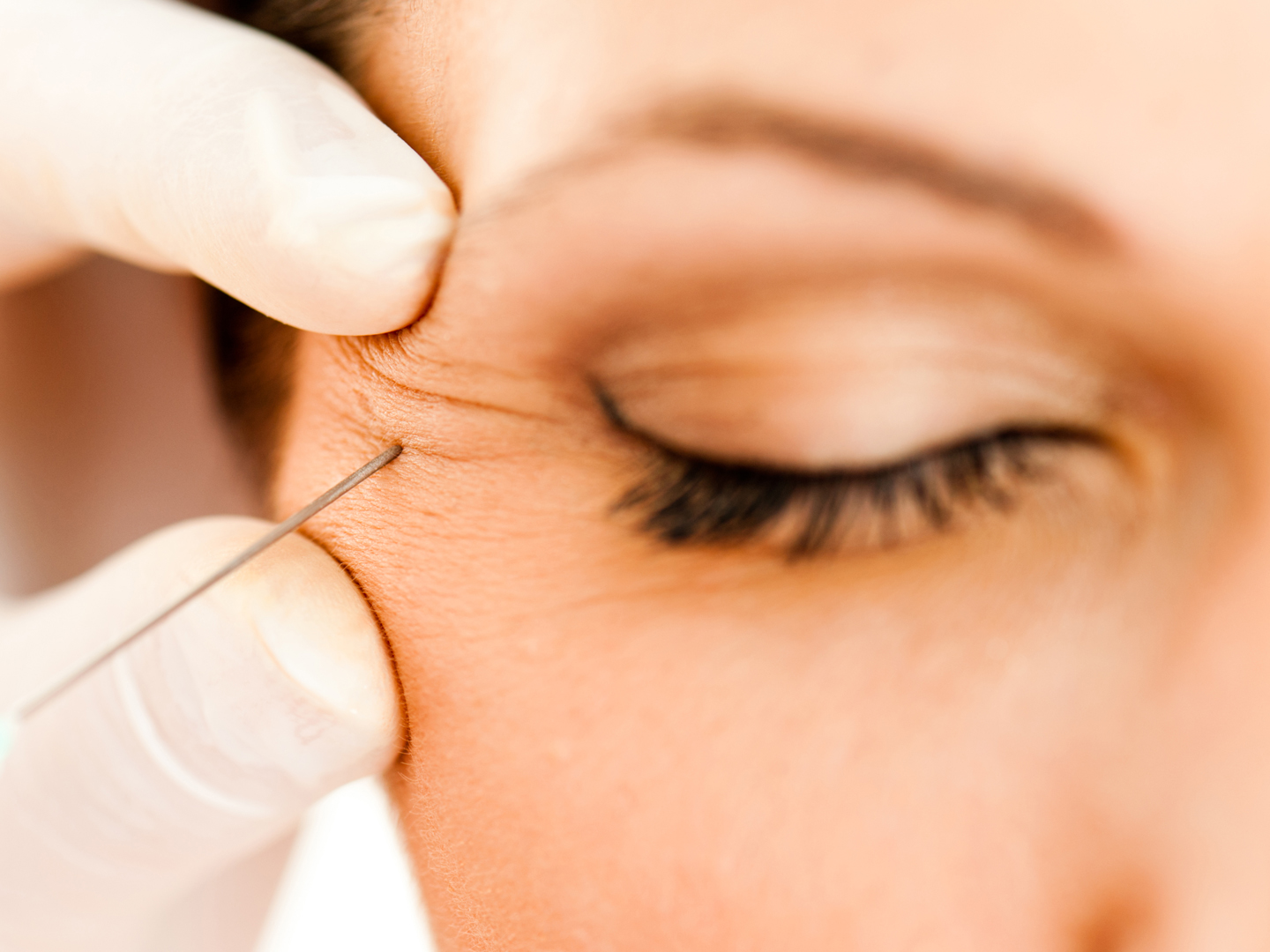Botox for Blepharospasm the Blinking Disorder?
I have been diagnosed with blepharospasm. Local doctors say the only thing available that may or may not help is Botox injections to deaden the nerves. Is there a supplement I could try instead?
Andrew Weil, M.D. | March 27, 2009

Blepharospasm is abnormal, involuntary blinking due to a glitch in an area of the brain known as the basal ganglia, which is responsible for controlling tone and movement of muscles, including some facial muscles. In most cases, the blinking comes on gradually and may be attributed at first to eye irritation, exposure to bright lights, emotional tension, or fatigue. Symptoms tend to worsen when you’re under stress, so consider learning stress management techniques. Wearing dark glasses can cut down on light that may bother your eyes (and shield you from stares or uncomfortable questions). You may find that the blinking stops or slows when you’re concentrating. It typically stops completely when you’re asleep and may not resume for a few hours after you wake up. Over time, the condition tends to worsen; and the eyelids may remain closed for hours at a time.
I know of no supplements that can help treat blepharospasm. This is one condition for which Botox is appropriate. It relaxes the muscles, stops the spasms and brings almost complete relief in up to 90 percent of patients. You should notice an improvement in one to 14 days. Symptom relief lasts for three to four months, after which you’ll have to have another round of shots. Side effects, which are temporary, include drooping of the eyelids, blurred vision, and double vision and, perhaps some tearing. If the dose is kept small and the injections repeated at a minimum of three-month intervals, Botox treatment should give you long-term relief.
Few alternatives have been as well studied as Botox, and so far it has proven itself to be superior to other treatments. Although oral medications are available to treat blepharospasm, none work as reliably as Botox, and there’s limited information on their effectiveness.
A surgical procedure called myectomy may be recommended to those few patients who don’t respond to Botox. Surgeons remove some of the muscles and nerves in the eyelids. Myectomy works well in 75 to 85 percent of patients treated.
Botox injections may sound a bit scary, but if your condition is progressing, I suggest you to put aside your reservations and consider treatment. Chances are you’ll be very glad you did.
Andrew Weil, M.D.









